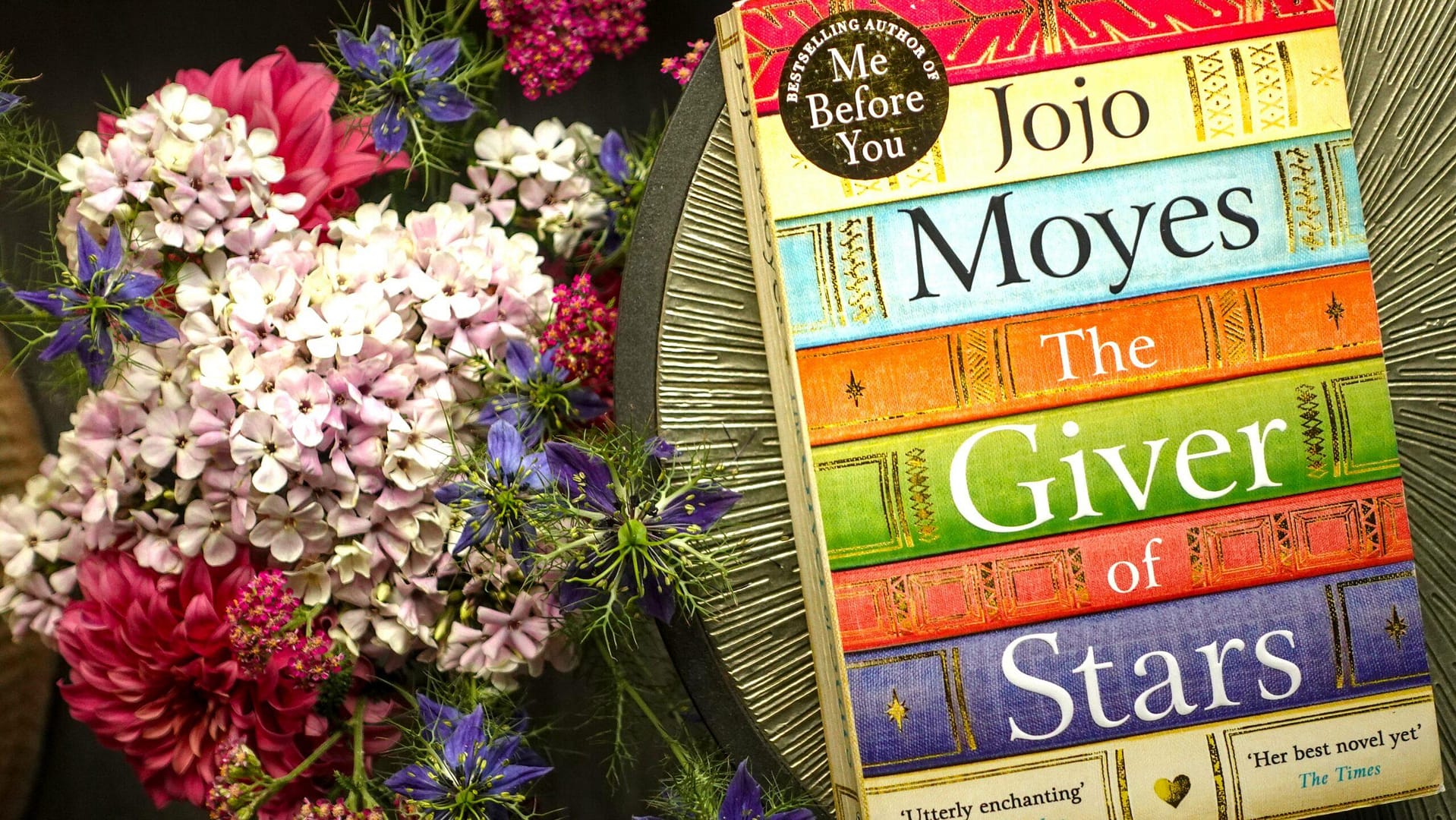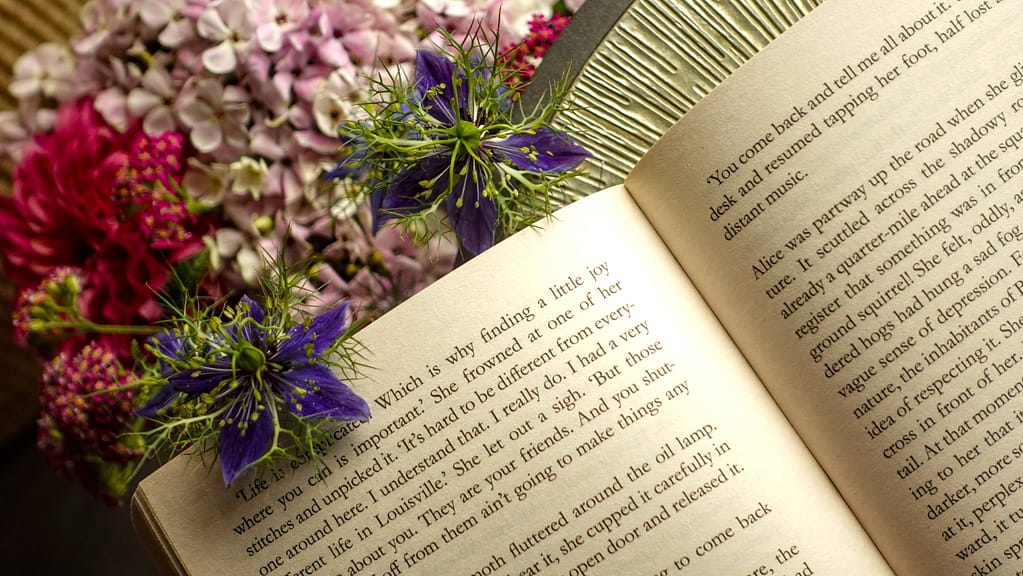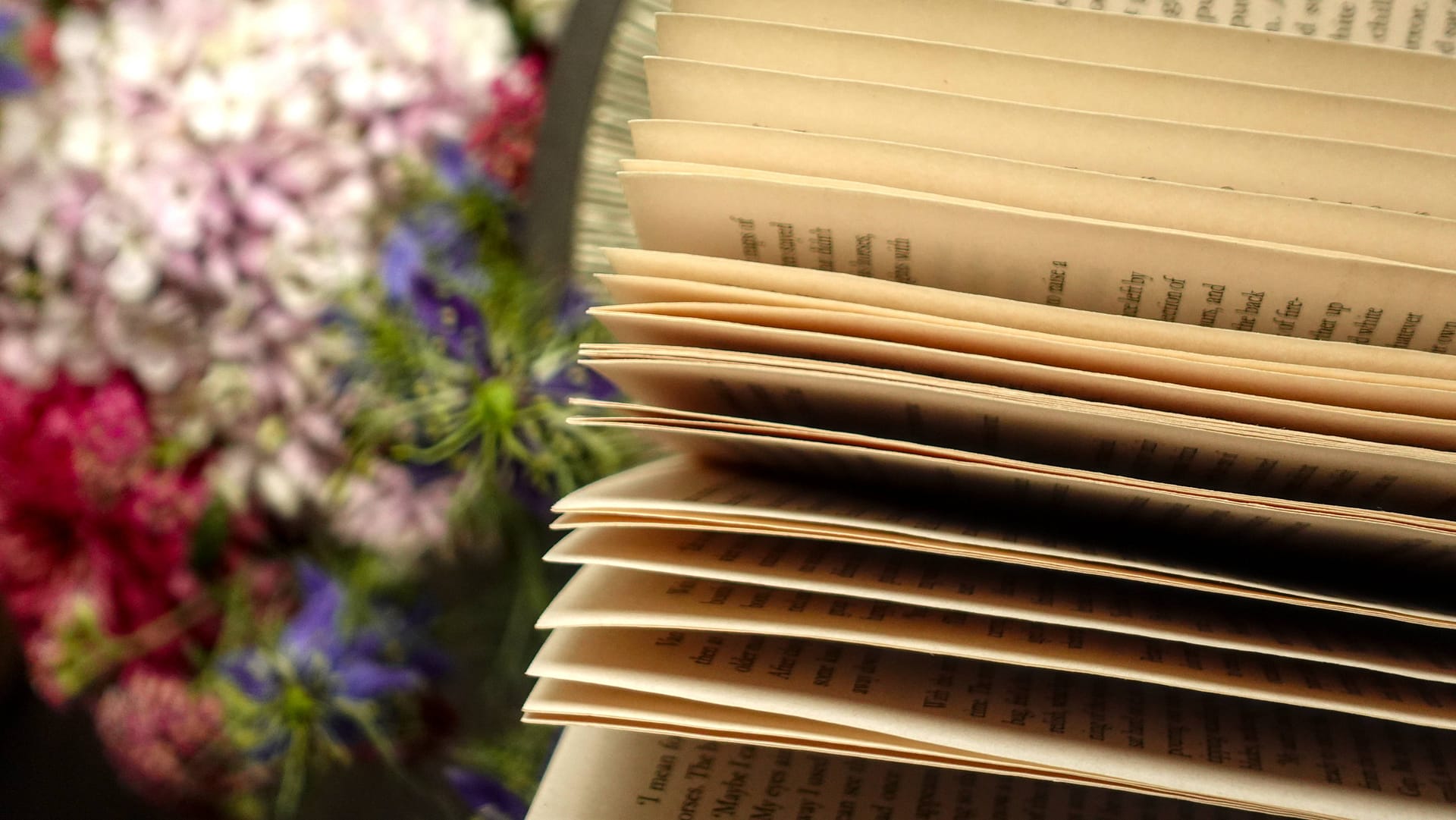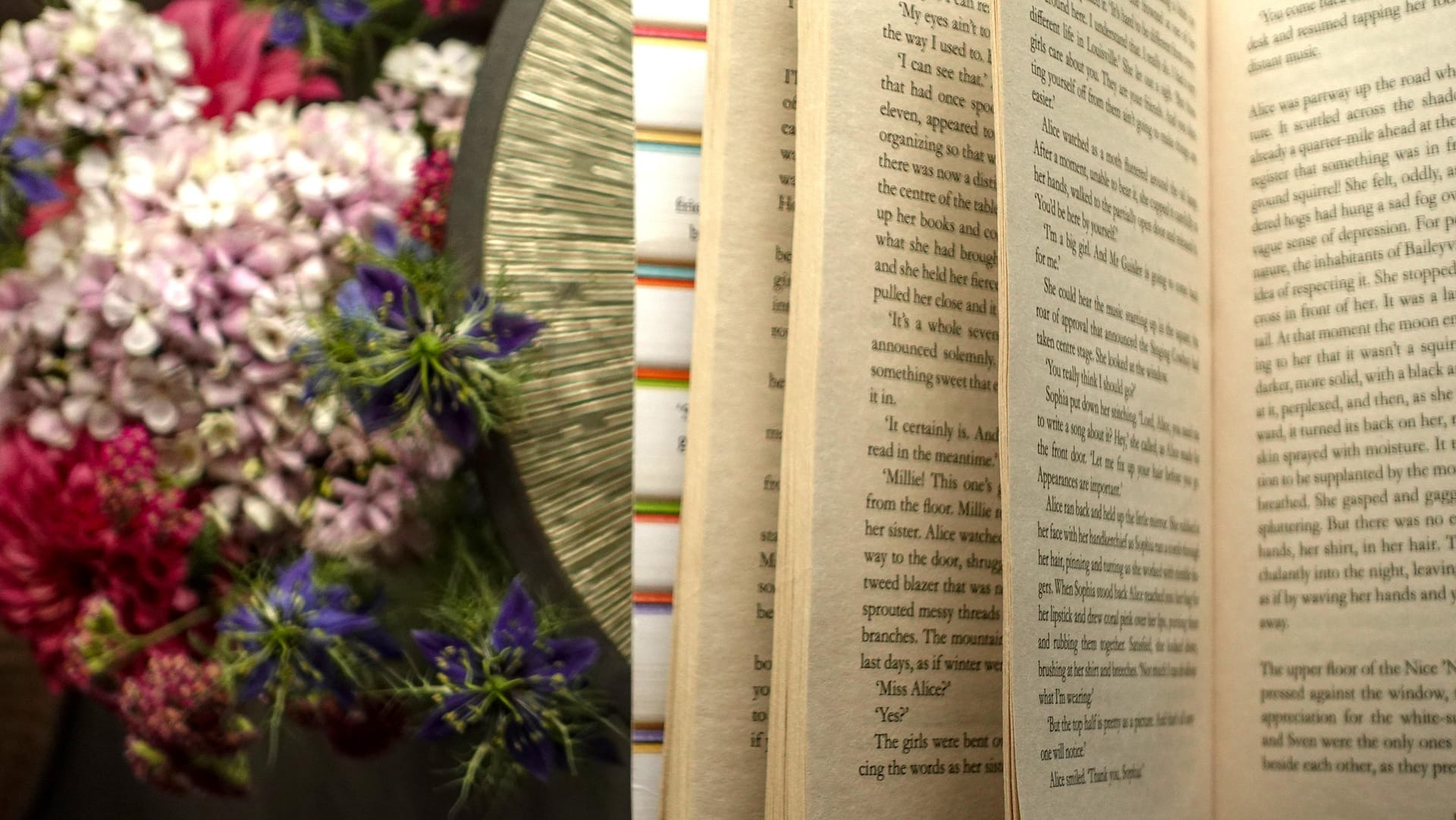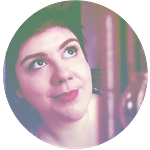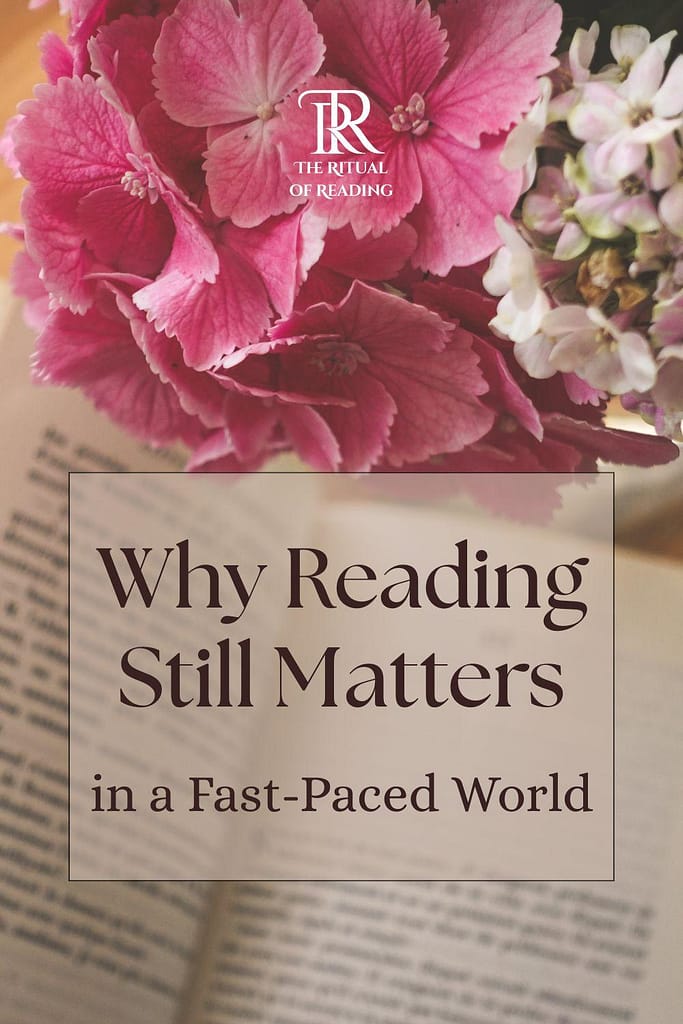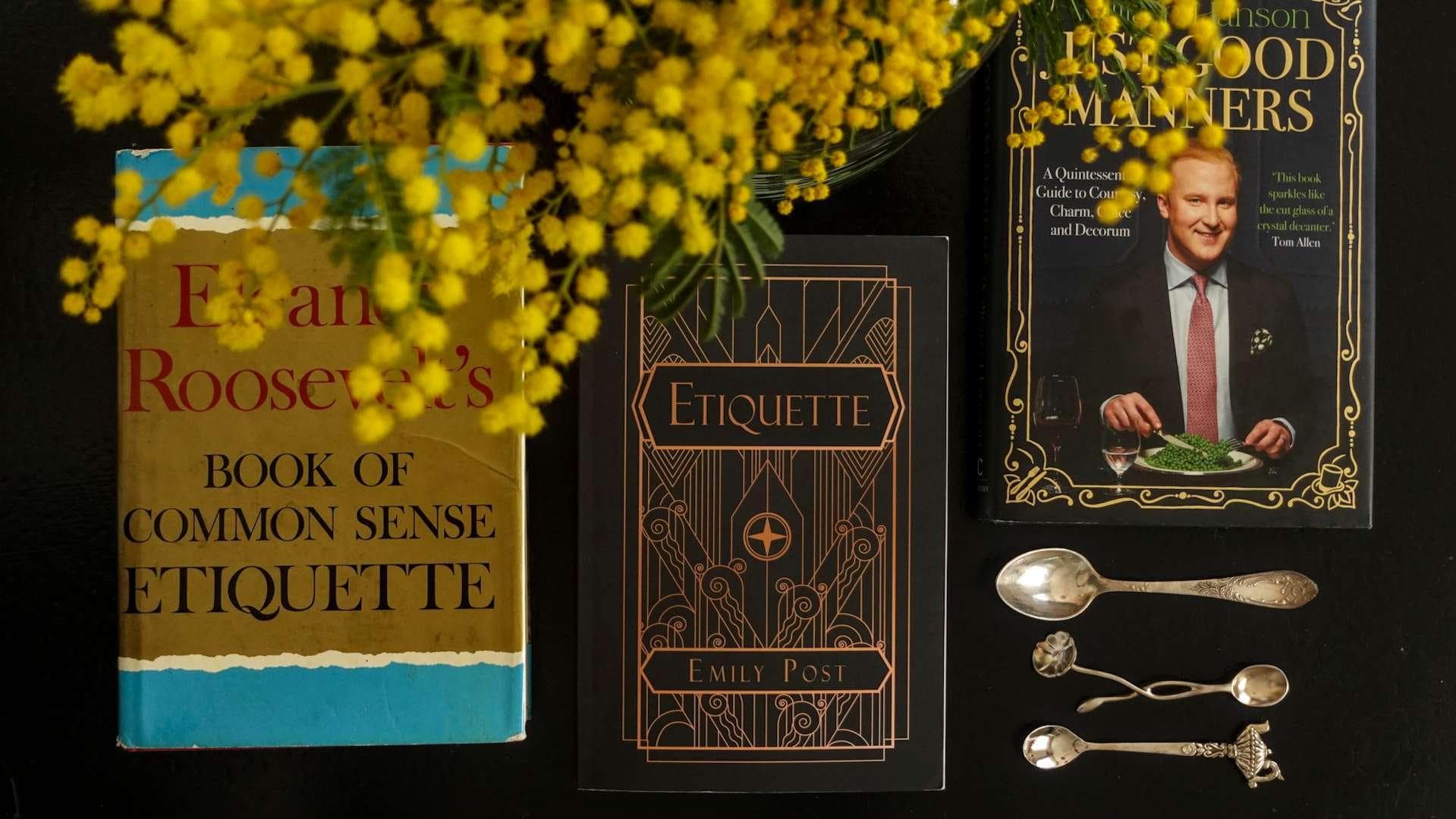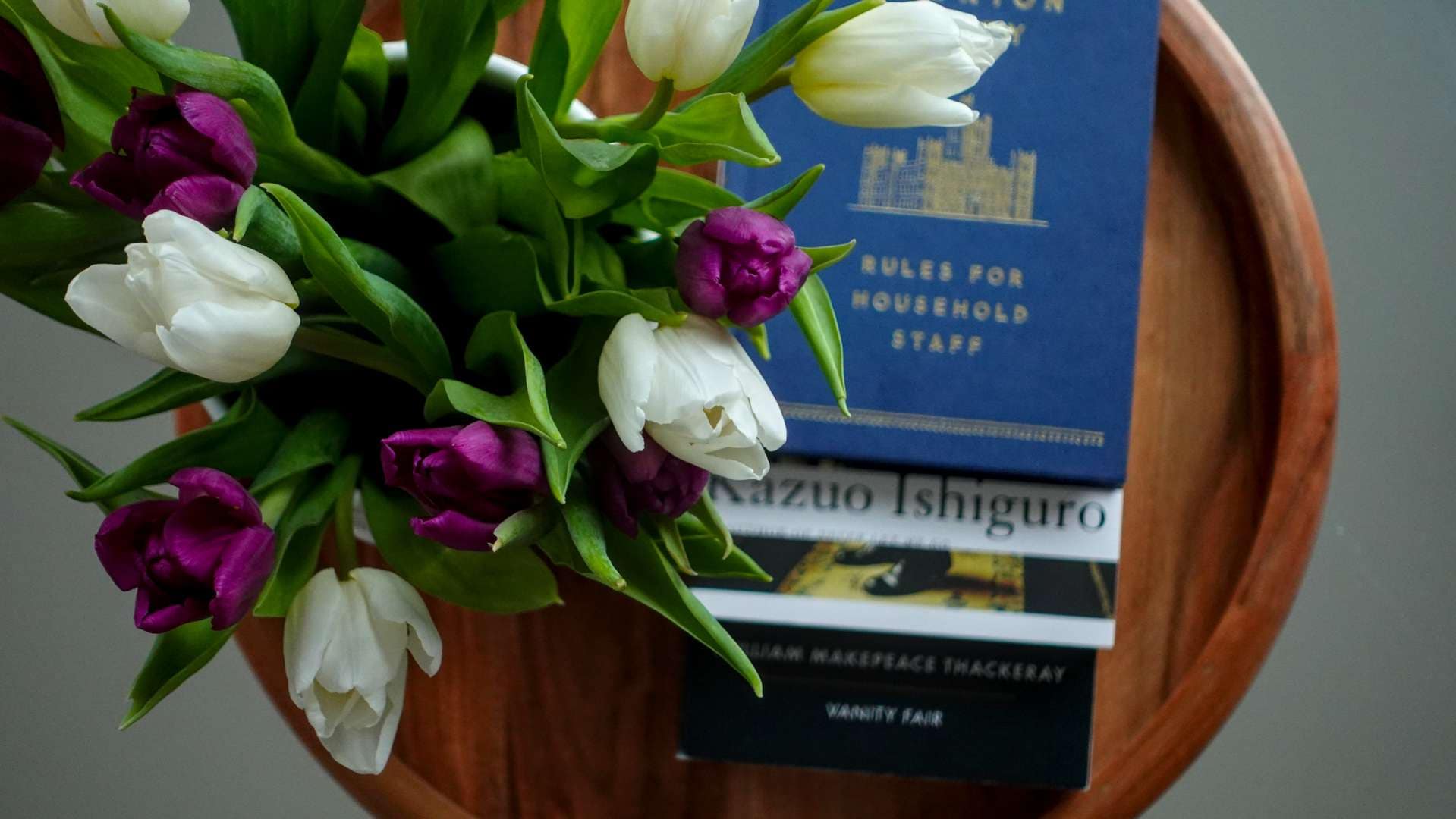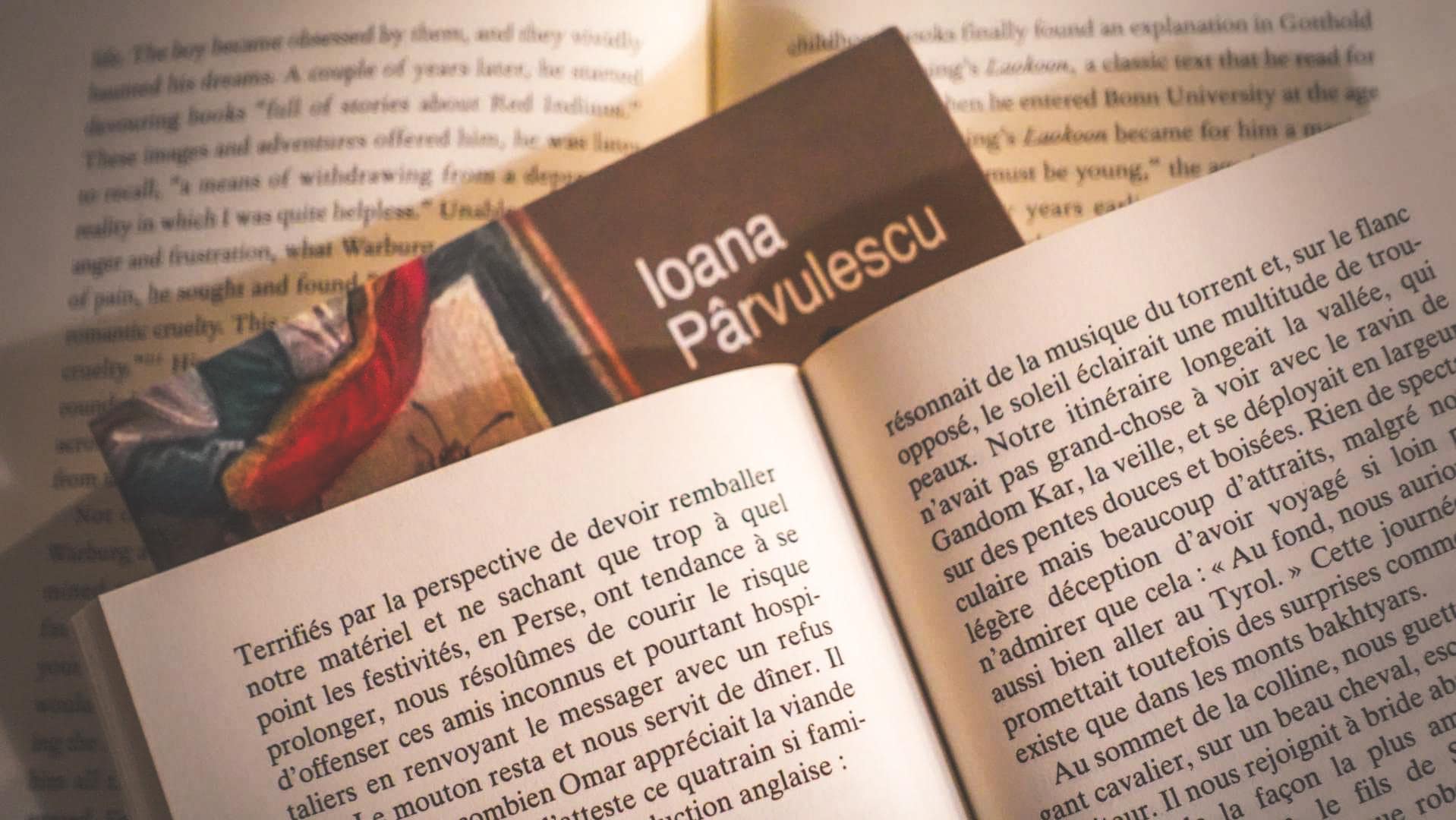And a Review of Jojo Moyes’ The Giver of Stars
Earlier this summer, I finally picked up a novel I’d been meaning to read for ages: The Giver of Stars by Jojo Moyes. If you’ve been here for a while, you’ll know that I am the living, breathing example of resisting trends (which is not always a good thing), so when an author becomes fashionable, as Jojo Moyes did a few years back, I tend to run in the opposite direction. However, this one found its way into my shopping cart some time ago, and after seeing it on my shelves for the appropriate amount of time (carefully calculated using a famous scientific formula), I finally got over my fixed ideas and started reading the first few pages.
The intention was to add it to this year’s Summer Reading Ritual in search of mountainside escapism—a bit of literary fresh air, a gentle journey into green landscapes and quiet heroism (spoiler alert: it’s in the reading guide, and if you haven’t downloaded it already, head on here for a treat).
The novel offered me exactly that. But it also gave me something more unexpected: a renewed reflection on what reading means to us today.
Set in Depression-era Kentucky and inspired by the true story of the Packhorse Librarians, Moyes’ novel is a love letter to the transformative power of books. These women, riding into remote hills to deliver reading material to isolated communities, believed that books could change lives—that they were worth braving rain, prejudice, and exhaustion for. That the value they were adding to society surpassed what they were losing individually, as people started judging their morals and questioning the hidden agenda of non-religious writing.
As I turned the pages, I couldn’t help but think of the role reading plays now—beyond my own circle of booklovers, in the wider world where reading can feel like an endangered ritual. If, like me, you’ve placed reading among the essentials when it comes to spending your time, and if you’re fortunate enough to have found your tribe—a circle of people that share this same passion—you might think reading is a mainstream endeavour, and that the times when people didn’t read books are long gone.
Yet when you get out of the reading bubble, things are quite different. And I’m not talking about statistics, but about the noticeable aspects of society that are directly linked to befriending books: the variety in people’s vocabulary, their ability to form and express their own opinions (think about how often someone has said to you, “I don’t know how to describe it to you, it’s just…”), the ability to grasp personality traits or spot toxic people (you read enough villains in books, you start noticing the patterns – no, I’m not speaking of paranoia), and most importantly, the capacity for empathy.
Being happy for your favourite character having a breakthrough, or crying with them when they lose their puppy, is an experience that changes your attitude toward people in real life. It makes for children incapable of bullying, shows in teenagers who care for animals instead of toying with them to the brink of torture, and forms adults who search for solutions to their problems instead of becoming a burden—or worse, a danger—to others. Reading might seem futile in all these situations, yet it is a fundamental building block in creating a world we all enjoy living in.
As adults, the eternal question we’re asked—or ask ourselves—is: Why do we read? Sometimes, for escape—it’s as simple as that. For a pause from our screens, our duties, our worries. Other times, out of curiosity, or because a bestseller went viral. We read to live other lives, to feel other hearts beating beside our own. To walk a mile in someone else’s shoes. For some, it’s just pleasure. For others, it’s survival.
But let’s not forget that literature is an art form. Oftentimes, art has become synonymous with the visual arts alone, yet artistic creation manifests in infinite forms—and literature is one of the oldest. Books are the fruit of the imagination, brought into the world through the use of the written word. What exact word, and when? Well, that is the art of literature. Fiction, non-fiction, prose or poetry, inspired by real events, utopian or dystopian—the combinations are infinite. And so are the effects of reading on our lives.
So if this reading thing is so marvellous, why don’t people read more? Or better yet: why do so many people think of reading as a waste of time?
The answer—just like my “opening argument” in favour of books—is a personal observation. I believe reading simply doesn’t seem appealing to people because no one around them does it. They see a few people reading on their commute or in the park, but since they almost never speak of what they were reading or reflect on it out loud, it’s no more important than if they were streaming a reality show on their phones. A way of passing time like any other.
And I’m not getting into the real vs. commercial literature controversy—any story can have multiple levels of interpretation, from children’s books, young adult, romance, and crime up to the classics. It is simply a question of reading with intention instead of consuming entertainment in order to numb ourselves from reality.
Let’s not neglect the power of example: some people never met a person they look up to who shared the sparkle of a life-changing book with them. You know that kind of exceptional role model—the one that makes you say “someday I want to be just like that.” When a person so important to you says, “Oh, I remember the first Flaubert novel I ever read—it felt so rich and fascinating, the language so elegant and complicated, it just made me want to learn all those beautiful new words so that I could feel part of that world”—that’s the kind of moment that can change your life.
Suddenly, not knowing the posh words is no longer a frustration, but an opportunity that opens new doors. You realise that while we are not (and will never be) all equal, we all have access to incredible resources in the form of books.
It made me think—deeply—about the quiet role book blogs, literary Instagram accounts, bookshop displays, and casual conversations play in keeping this ritual alive. Every time someone shares their joy at a story, every time a post says this book moved me, we open a little window into reading for someone who might have never looked that way.
And that matters. Not because we want to “make readers” out of everyone—but because reading expands our capacity to live a fuller life. It opens doors in the mind and the heart. It brings people together who might never meet. It teaches us to listen and reflect, to be present with a book or in a conversation, to exchange points of view instead of imposing visions.
Maybe the trends still see reading as a niche subject, and book-related content as marginal in today’s overflowing pool of influencers. But sometimes I believe that the old adage of giving people what they want should be turned upside down. I think many people don’t know that reading is what they actually need in order to live better, more joyful lives.
You cannot force good habits—or happiness, for that matter—on anyone. But you can make it available. Make it so easily accessible that they might just stumble upon it by accident.
So yes, The Giver of Stars gave me an escape into Kentucky hills and horseback libraries—but it also quietly asked me to look at our modern lives and ask: Are we doing enough to protect this gentle, powerful habit?
Are we sharing books the way those women shared them—personally, earnestly, believing they matter?
I hope we are.
And if you’re reading this, maybe you’ll tell someone about a book that changed you.
Maybe they’ll tell someone else.
Maybe, one by one, we’ll keep the stars glowing.
Until next time, enjoy your reading and your quiet, mindful rituals.
Written by Alexandra Poppy
Writer, reader & curator of The Ritual of Reading
I’m Alexandra, the voice behind The Ritual of Reading. Somewhere between a stack of novels and a half-finished pot of tea, I keep finding traces of the life I want to live—slower, richer, filled with stories. The Ritual of Reading is where I gather what I love: books that linger, places with a past, and rituals that make ordinary days feel a little more meaningful. I write from Paris, where elegant bookshops and old-fashioned cafés offer endless inspiration—and I share it here, hoping it brings a spark to your own days, too.
Shopping List
If you would like to support The Ritual of Reading, please consider purchasing your books from the Bookshop.org dedicated site by clicking the link below. You get to support local bookstores and I make a small commission with every purchase. Thank you !


